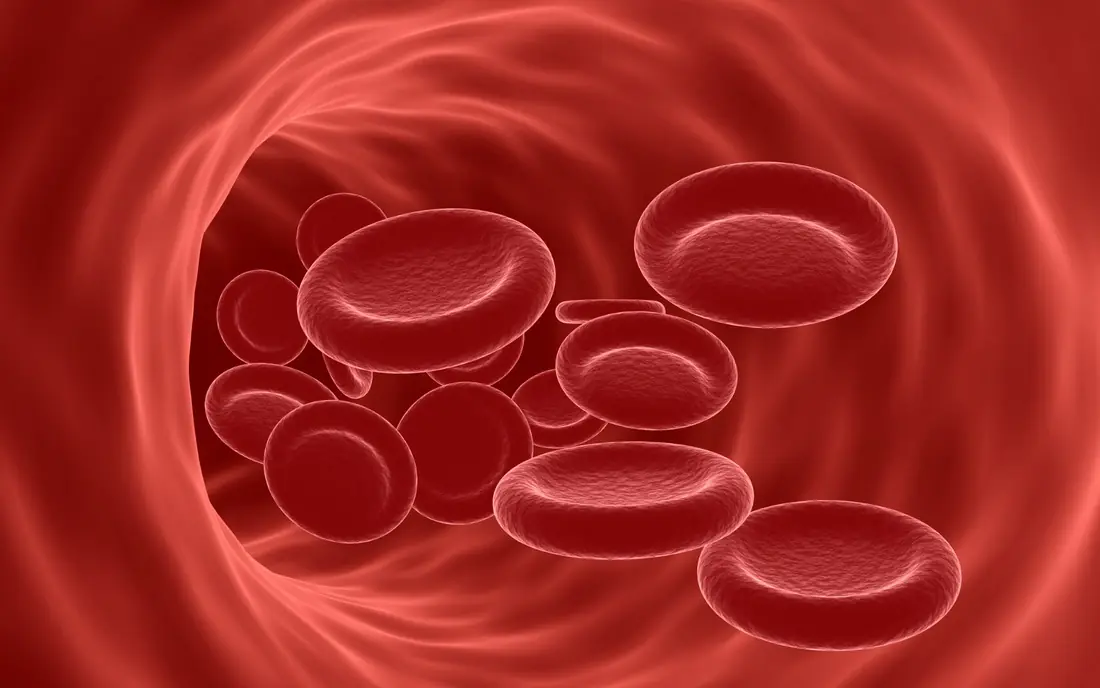TOPLINE:
In a meta-analysis assessing first-line treatment options for advanced hepatocellular carcinoma (HCC), atezolizumab plus bevacizumab demonstrated the highest overall probability of delaying deterioration across key quality-of-life (QoL) domains and outperformed other treatment options when integrating health-related QoL with overall survival benefits.
METHODOLOGY:
- The therapeutic landscape for advanced HCC has "evolved dramatically since 2018," the authors explained. Current first-line options include combinations of immune checkpoint inhibitors (ICIs), such as atezolizumab plus bevacizumab and durvalumab plus tremelimumab, as well as other combinations and monotherapy. However, there's limited evidence comparing these options in terms of survival benefit and QoL.
- Researchers performed a network meta-analysis of nine phase 3 randomized clinical trials involving 6425 patients. These trials compared a range of treatment options, including tyrosine kinase inhibitor and ICI monotherapy as well as ICI-based combination therapies.
- All studies had two treatment arms, except one trial that had three. The control arm received sorafenib in seven studies and lenvatinib in one study. Other therapies assessed included tislelizumab, atezolizumab plus bevacizumab, sintilimab plus IBI305, and durvalumab plus tremelimumab.
- Researchers used questionnaires to assess time to deterioration of six health-related QoL domains: global health status, physical functioning, fatigue, jaundice, pain, and abdominal swelling.
- Surface under the cumulative ranking (SUCRA) scores were calculated for each domain.




















